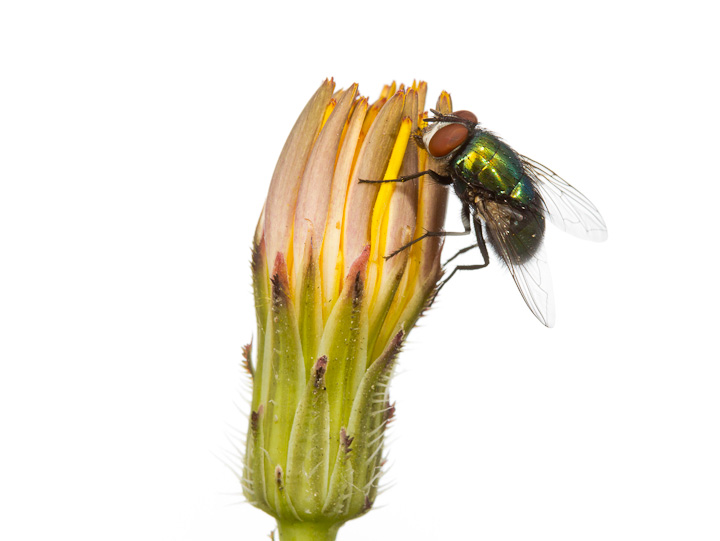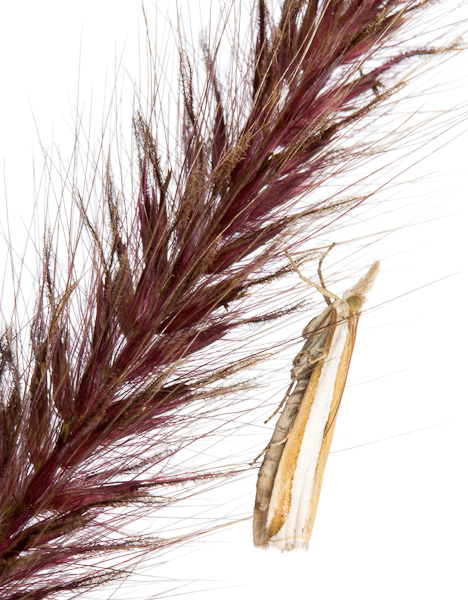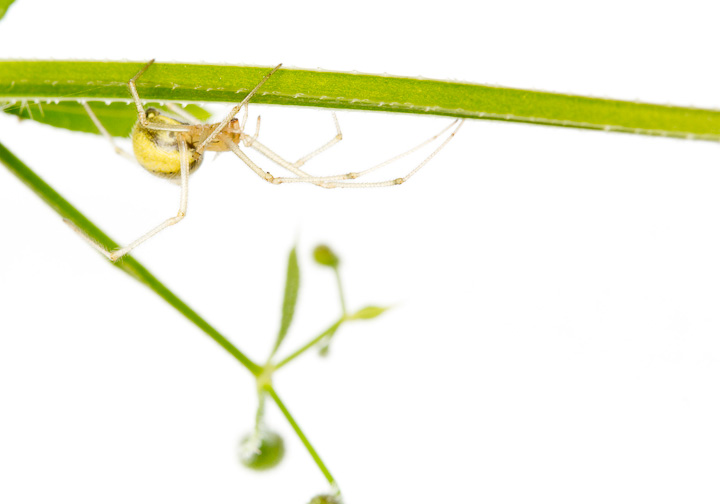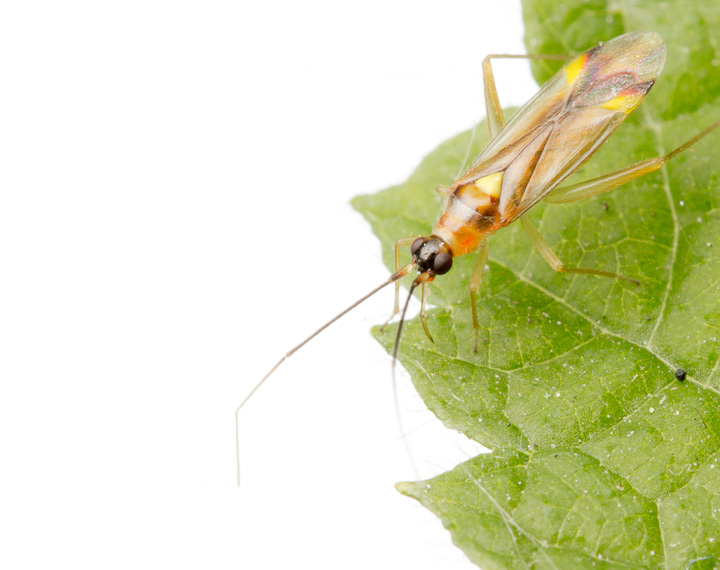
A few weeks ago, I delved into what a white card could do paired with two flashes. I found it was a bit tricky to use it to add fill except in a few situations, but the way that it could be used to blow out a background was intriguing, so I wondered if it was practical to use for “Meet Your Neighbours” style lighting in the field. The difference between MYN style and mine is that the MYN people are really good…But enough of that, the other difference is that the MYN style often involves larger setups and “field studio” type conditions, using tripods and lightstands and the lot. With bounced flash from a white card, I can blow out the background, so what is to stop me from just holding it behind the subject and using the Monster Macro Rig to light both the subject and the background? I gave it a try, and here are my results and some thoughts.

For relatively slow moving insects on stable backgrounds, this is a great technique. The only issues are to get an angle that allows a blown background, and to balance the light hitting the subject and the flash. I was working at f13, with 1/8 power on a YN560 for the subject, and 1/8 to 1/4 with a YN460 (a smaller light) for the background. ISO around 160-250.

For subjects on more mobile backgrounds, it is better to have no wind! The more flighty subjects may tolerate a close approach with the macro rig, but putting the card behind is a whole other level of disturbance to manage! I found that flies and bees and such were tough to approach.

This Grass Veneer was flighty and was also on some ridiculously mobile grass, so this is the only shot I got. Luckily it was mostly in focus. Again, working in calm conditions would be best.

Getting the subject isolated in natural (unselected) vegetation is difficult, especially when they are timid. This shot could be better isolated.

A tiny subject on a larger leaf is a tough one to compose. Wherever you cut the leaf, it will look odd. It may have been better with this lace bug to cut it in the corner…That being said, this technique can make for some nice textural contrasts with a subject such as this.

Small fine features coming out into the white background can be easily swamped, so it is important to keep fine features parallel to the plane of the rest of the subject…This would be great, but the way the antennae fade is not so nice.

The nicest thing about this approach is that the subject is actually in the position and situation it was found in, so the setting is appropriate and not contrived. A field studio approach may not achieve this.
So that’s it for this week’s Cheapskate Tuesday! I think that it is something I will continue to work on, as it seems to have promise. Keep watching this blog for more results using this technique, preferably of lovelier subjects on calmer days!